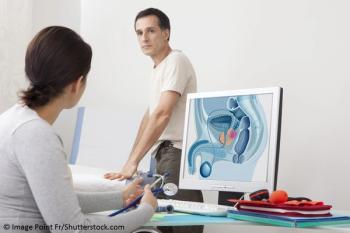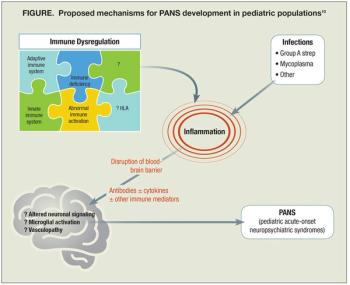
This special report on controversies in psychiatry examines the pros and cons of assisted outpatient treatment and also antidepressant use in pregnancy.

This special report on controversies in psychiatry examines the pros and cons of assisted outpatient treatment and also antidepressant use in pregnancy.

Here: common misconceptions about assisted outpatient treatment--and how this tool can help selected mentally ill patients who are most difficult to treat.

The authors examine legal and ethical challenges for the psychiatrist when a defendant who is incompetent to stand trial declines to take prescribed psychotropic medication.

This article summarizes the risks of untreated psychiatric illness during pregnancy as well as the risks and benefits of antidepressant use.

In the neuropsychiatric disorders PANS and PANDAS, we observe childhood illness with relationships between psychiatric symptoms, infection, and inflammation. Here are keys to early identification and treatment.

At Psychiatric Times, it has long been our goal to publish cutting-edge information from the frontiers of psychiatry. In this this spirit, we welcome Dr. Thomas G. Schulze, one of the world’s leading experts on psychiatric genetics to our Editorial Board.

Here: suggested strategies for assessment and management of this circadian sleep disorder commonly seen in adolescents.

Here: a review of the scientific evidence relevant to the use of classic hallucinogens in the treatment of substance use disorders.

Apparently therapists can fake their own online reviews these days. So much for the ethical ethicist.

Access to illicit drugs is now as easy as a few swipes on a smartphone. Here's a primer for clinicians who aren't well acquainted with this trend and who aren’t familiar with the many substances themselves.

Introduce yourself, shake hands, sit down. Always sit down. Then ask for permission...

Functional remediation therapy addresses the cognitive problems of the nearly 50% of patients who remain impaired even when euthymic.

Marijuana-related problems fall well within the scope of psychiatric practice: many patients use marijuana, which is likely to affect their psychiatric symptoms and response to treatment.

There are no simple solutions to the plight of the terminally ill patient. With commentary by Cynthia Geppert, MD.